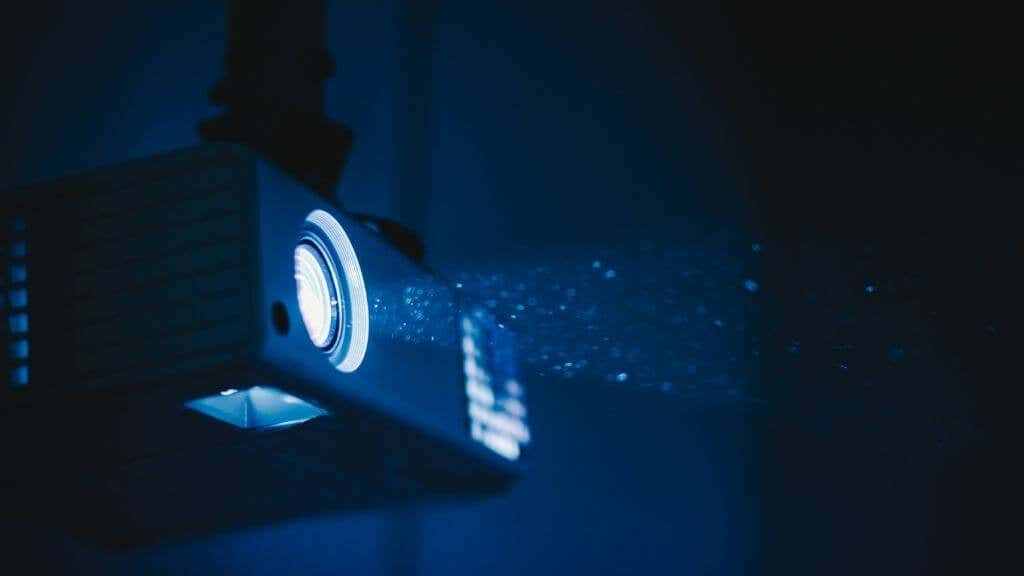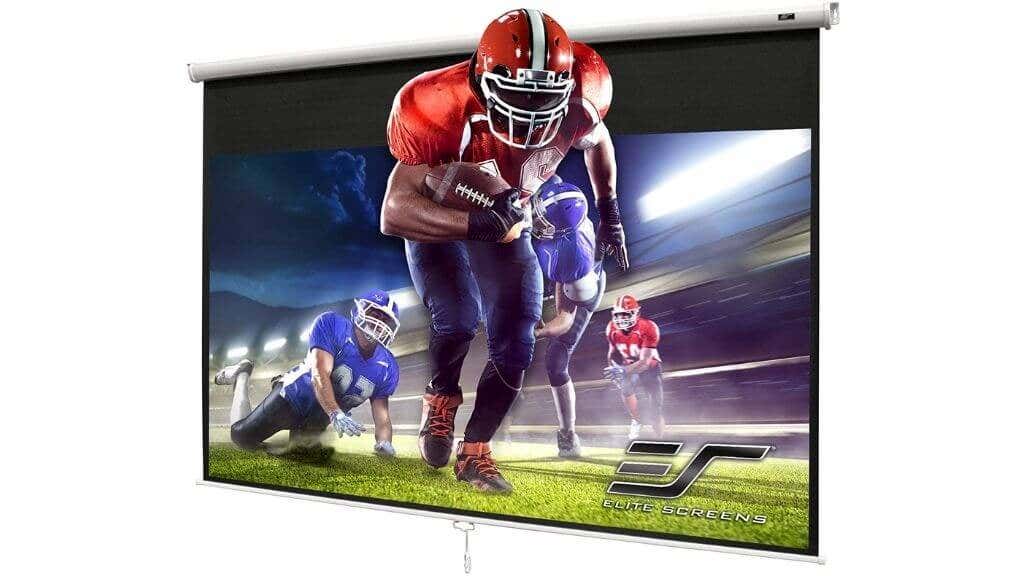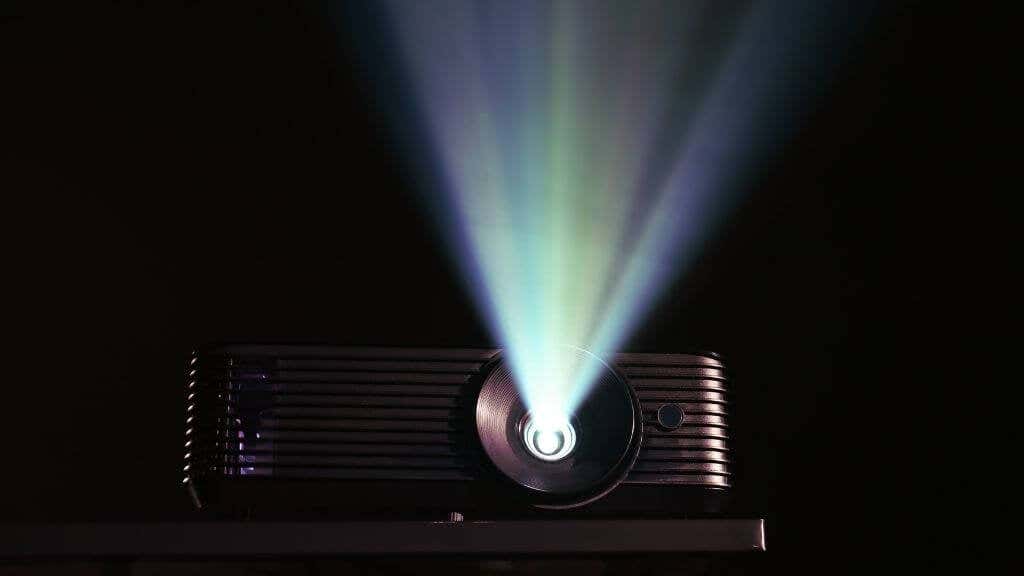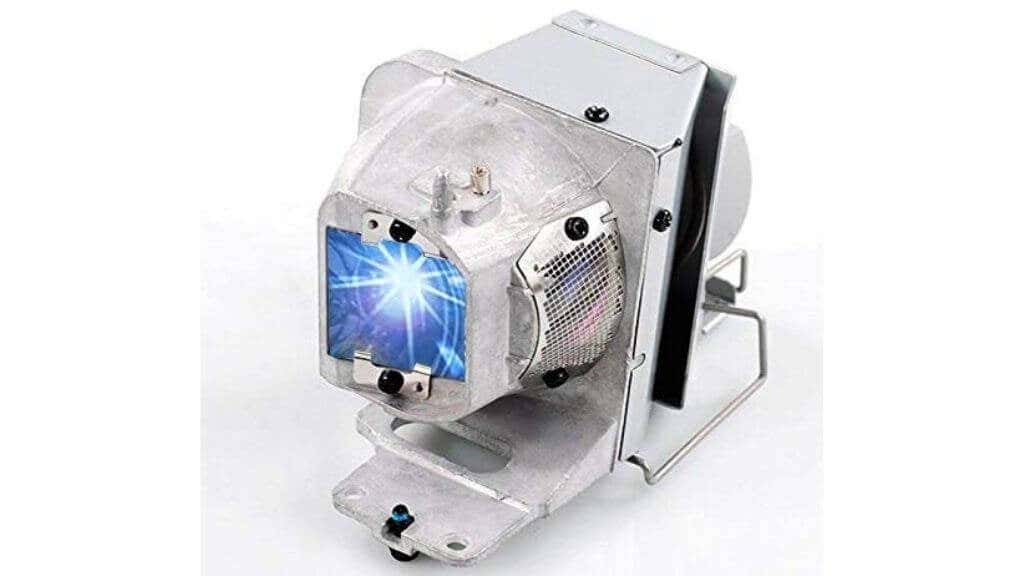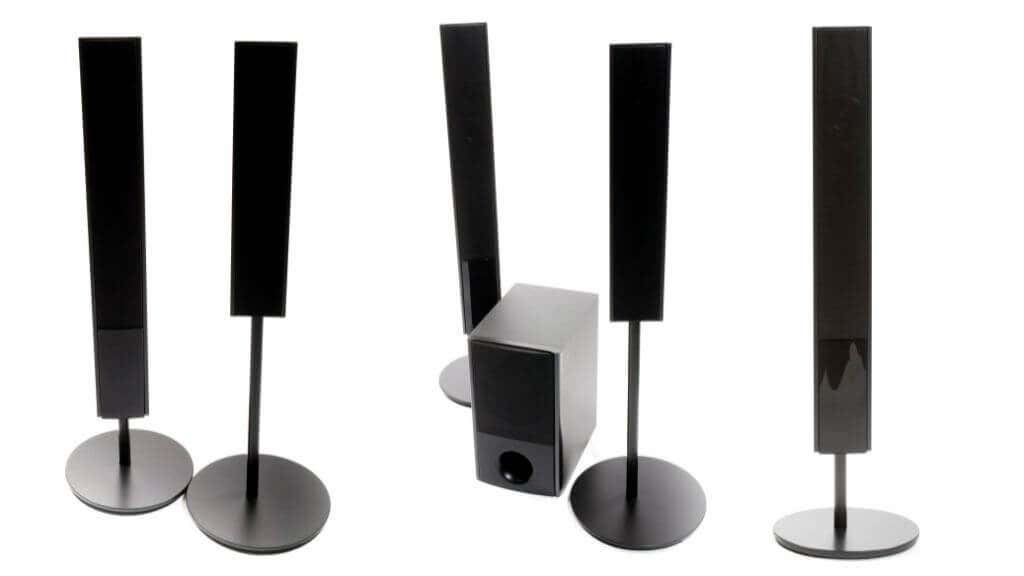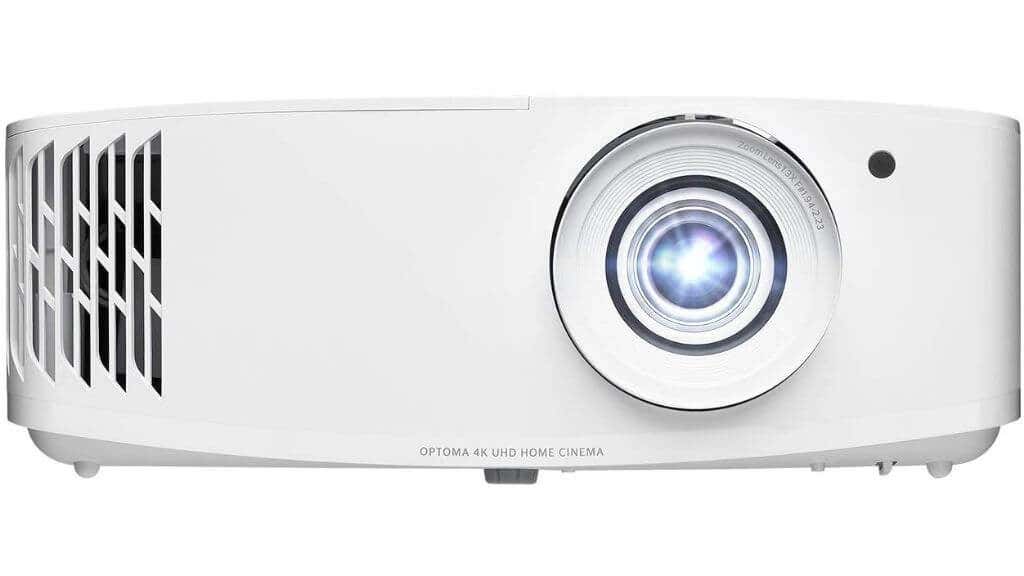Good Gaming Projectors Are Expensive
Just like televisions, projectors are sold at every price point and varying levels of specifications and quality. However, one key difference between TVs and projectors is that most mid and low-end projectors aren’t suitable for gaming. In contrast, even cheap TVs offer an excellent gaming experience.Take any TV, a projector with the same image quality will be more expensive to buy. Of course, if you look at it from a dollars-per-inch point of view, then the projector might be cheaper inch-for-inch, but the size isn’t everything in this equation.
Refresh Rate, Input Latency, and Resolution
The image quality that you perceive through your eyes is the result of many different factors. For a sharp, colorful, responsive, and blur-free image, you’ll need a projector with beefy specifications.Specifically, it needs a high native resolution, fast refresh rate, and low input latency. The last item on the list is the easiest to dispense. Input latency is usually listed in the printer’s documentation. It needs to be 50ms or less, preferable in the teens. Some projectors have unique “game” modes that cut down on input latency at the cost of picture quality. The lower the latency, the more responsive the game will feel.The absolute minimum refresh rate for a gaming projector is 60Hz, translating to a maximum of 60 frames per second in a video game. The latest consoles usually offer games at this level of fluidity, so it would be a waste to use a projector that only offers 30Hz. However, if you have the option to get a 120Hz projector, it’s worth considering, given that gaming PCs and both the PS5 and Xbox Series consoles support gameplay at 120 frames per second.Finally, we have a resolution. In principle, this works the same as on a TV, but projector marketing can be deceiving. What matters is the native resolution of the projector. However, some projectors are marketed as “1080p” or “4K” when it only means they can accept a signal at those resolutions. But the actual image that’s projected is scaled down to a lower resolution. So make sure the projector you’re considering can produce a picture at the resolution you want.
The Projection Surface Is Critical
One unique aspect of using a projector is that you need to think about the surface you’re projecting on. The best solution is to use a projector screen, but many users want an image that takes up a wall. It’s not uncommon for projectors to create pictures between 100 and 150 inches, so it makes sense to take advantage of it. However, the typical household wall isn’t great for projection. It’s likely to cause imperfections in the visual texture and color accuracy of the picture. Also, your wall paint probably isn’t nearly reflective enough, resulting in a dim image. If you want to play video games projected on a wall, you should consider buying special projection paint and ensuring that the wall in question is smooth and flat.
Your Room Needs Special Preparation
Modern projectors are getting brighter, but most mainstream units still need to be operated in dark rooms. For gamers thinking about using a projector for gaming, it’s necessary to make some changes to your play space. Thicker curtains or blinds may be needed and should be included in your cost calculation if you don’t have a dark enough room already.Projectors that are bright enough to overcome some daylight in the room do exist, but of course, you’ll have to pay extra for the feature.
Running Costs
The lamp inside your projector has a limited lifespan before you have to replace it. The brighter you run your projector, the shorter the lifespan of the bulb. LED bulbs have the most extended lifespan at a given brightness than bulbs in standard LCD and DLP projectors. LED bulbs may last in the region of 20000 hours before starting to dim, while other bulb types will fall somewhere between 2000 and 4000 hours. These bulbs are not cheap to replace, so factor that into the running costs of using a projector for gaming.
Projectors Are Hot and Noisy
While modern projectors run cooler and quieter than ever, that’s not the same as being cool and quiet in absolute terms. The latest gaming consoles are whisper-quiet, and it would be a shame to spoil that with the banshee-like scream of a high-pitched projector cooling fan.Solutions for this issue vary. Having the projector far from where you’re sitting can seriously reduce the noise, and opting for an LED projector or one with a low noise rating can also help. You may also simply invest in good noise-canceling headphones.
You’ll Need a (Sound) Sound Solution
On the topic of sound, modern flat-panel TVs have much better speakers now compared to the early days of thin-sounding, low-volume TV speakers. As a result, many people will not need to buy external speakers for their flat panel displays, compared to a time not too long ago where soundbars were part of any home theatre system.For projectors, you’ll almost definitely want to purchase speakers unless you’re going to rely on headphones. The speaker built into the projector usually isn’t anything you’d like to use, not to mention that it’s inside a noisy projector!
Gaming Projector Examples
Projectors can be good for gaming and offer larger, more immersive images than any display type besides VR headsets. However, you need to pick a suitable model. We’ve gone over some of the most important considerations, but let’s look at a few concrete examples and why they work well for gamers.The Optoma HD146X is a DLP projector with a snappy 16ms response time and 3600-lumen brightness. That makes it practical for use in a room with some light. It offers a native 1080p image, making it a good match for 1080p gaming systems, but not the latest consoles. The lamp has a theoretical lifespan of 15000 hours, and it’s priced well.The Optoma UHD50X has a much higher price tag but offers true 4K image reproduction, very low lag, and HDR support. It has a 240Hz refresh rate and over 3000-lumens on tap. This is precisely the sort of specification sheet you’ll want to see when shopping for a projector specifically for gaming.Do you want a projector for gaming? Tell us in the comments whether you think it’s a good idea or not.
